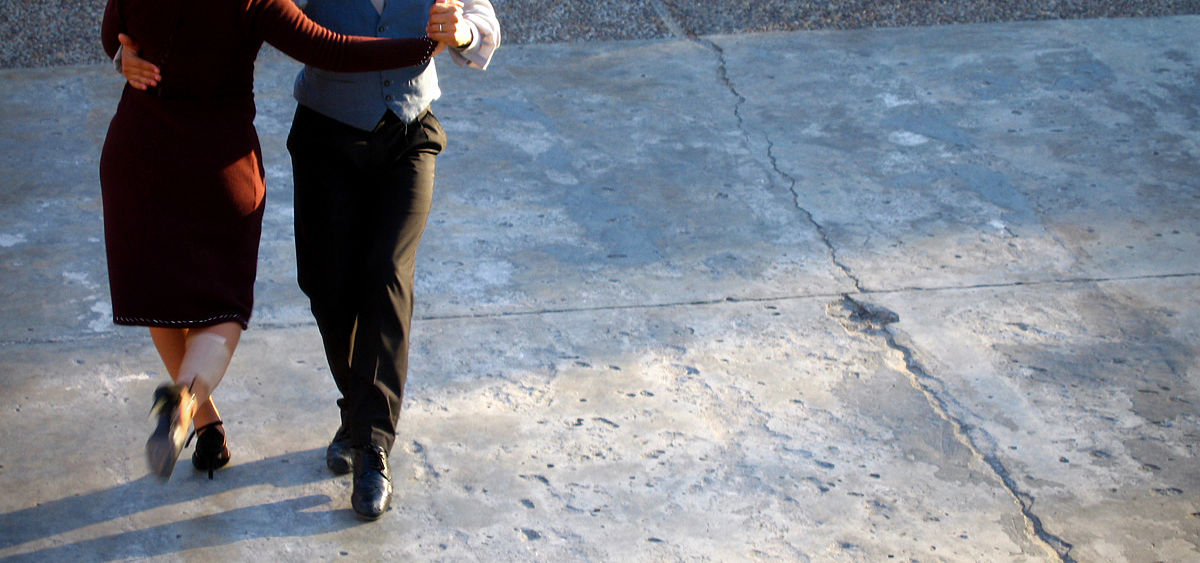The Psychoanalytical capital of the world

Nicknamed the Paris of South America, Buenos Aires provides an abundance of culturally rich and unique experiences. The infamous Tango dancing in the streets, the exquisitely cooked steaks in exclusive and quirky restaurants, the multitude of late night salsa clubs and the art of drinking Mate (pronounced ‘matt-ay’; a caffeine-rich infused drink) whilst basking in the glorious sunshine aside one of the city’s popular lakeside parks. However, it is the Argentine people themselves who are most intriguing, with the enormous presence of psychoanalysis and use of therapists among its inhabitants.
There are over 60,000 psychotherapists working in Buenos Aires alone. It is so popular in fact, that the neighbourhood of Palermo is nicknamed ‘Villa Freud’.
Buenos Aires is the psychoanalytical capital of the world with twice the number of therapists per head than New York. Chatting with a local ‘porteño’, the name given to those Argentines living in the port city of Buenos Aires, he explained that most of his friends had gone or go to therapy, “I have been for seven years, my mother for fifteen and my father for twenty years”. Interestingly, the word ‘porteño’ dates back to the first half of the 20th century. Entitled the ‘Golden Age’, the country looked set to become a leading global economic power as millions of Europeans immigrated to start a new life there. It is believed that Argentines therefore felt they did not have strong roots in the local traditions and it is still ‘a country in constant search of its identity’. Writer, actor and psychotherapist, Eduardo Pavlosky believes that Argentina is a country traumatised by a history of violent conflict, economic crisis and an uncertain future. In this regard, he suggests “In times of crisis like that, it’s very easy to go from one extreme to another. From black to white and from white to black. That’s what personality disorders are about.” Psychoanalysis is said to be intertwined heavily with the idiosyncrasies of the Tango.
The dance in its present form was developed around the mid to late 19th century in Buenos Aires with psychoanalysis beginning in Vienna at the same time. Both are born of European Romanticism, in a time of asking ‘Why?’. Why is this happening to me?’. A time heavily entrenched in melancholia. Despite its sullen beginnings, psychoanalysis is now an integral part of Argentine society. It is so well-respected in fact that Bueno Aires has the radio station La Colifata (which literally means looney), written and produced by patients of a mental hospital. The documentary, ‘Argentina In Therapy’ explores this further, as one patient highlights, “It connects the institution with the community. It’s a way of communicating”. Psychoanalyst Gabriel Rolon believes that the proliferation of therapists is good news. In contrast to other countries, Argentina gives as much space to emotional health as it does to physical. He explains that a history of war, corruption and persecution have made Argentines great “listeners interested in the pain of others, because we also need people to be interested in our pain”. Intrigued by the open approach to mental health and sitting in one of the glorious parks drinking Mate, a friend summarised her reason for using therapy: “Talking about your problems can be an amazing experience, to talk and to listen is an art, it helps you understand your experiences more clearly, it helps emotional wounds to heal”.

